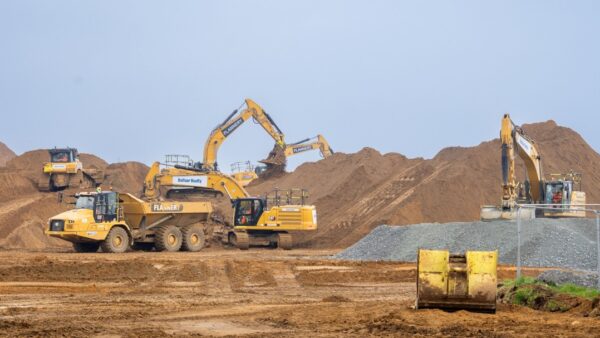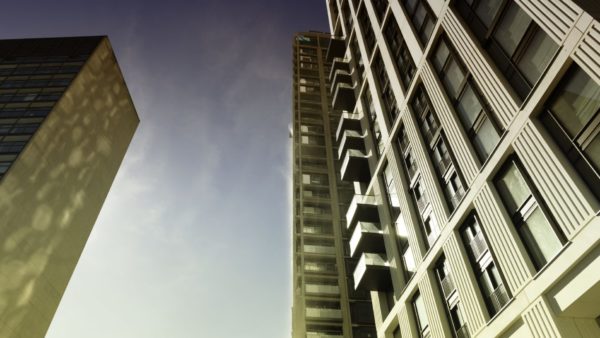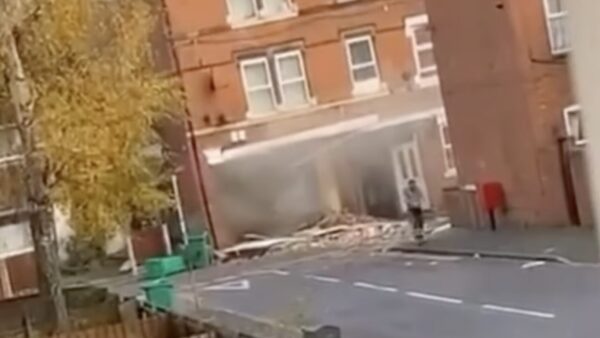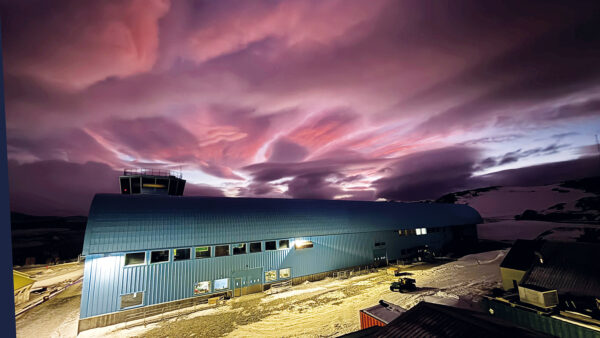
A Conservative peer has said only “pure luck” is preventing another disaster like Grenfell from happening again and that buildings will be due for remediation after he is “in a wooden box”.
Former Local Government Association (LGA) chair Gary Porter also told peers during a House of Lords session on the findings of the Grenfell Inquiry phase two report that the document “is far too long” and “has errors and omissions”.
Porter added that there are “so many unsafe buildings in this country that will not get remediated at any time in my lifetime”.
A recent report by the National Audit Office found that up to 60% of the 9,000-12,000 buildings with dangerous cladding in England have not yet been identified and remediation continues to be slow.
“I will probably be seen as ‘Mr Unpopular’ for saying this, but the report is far too long,” said Porter. “There are far too many words – across 1,700 pages – and it has errors and omissions.”
‘Wrong people advising’
According to Porter, one omission is that “a number of organisations” that the Inquiry found responsible for the fire that killed 72 people on 14 June 2017 were part of the government’s response in the aftermath of the disaster.
He said: “The government set up a panel of experts immediately after the fire, and some of the people on that panel were responsible for some of the organisations that have now been criticised in the report. But the report does not criticise the fact that they were the people who the government went to for expert advice.
“If we have the wrong people expertly advising the government on a problem that they have partially created, how will we get to a place where everybody can say that we are content that we have done as much as we can? That is an omission; as far as I am concerned, it should have been in the report.”
On 26 June 2017, then secretary of state for housing Sajid Javid announced the creation of an independent expert panel to advise the government on its response to the fire and to make buildings safer.
One of the panel’s core members was Peter Bonfield, former chief executive of the Building Research Establishment (BRE), an organisation the Grenfell Inquiry found had weaknesses in its testing and governance, and that these weaknesses contributed to the tragedy.
Stay-put policy
Porter also said that “an error” in the Inquiry’s report is the attribution of the stay-put policy to the LGA.
“It was not an LGA policy; it was a government policy,” he said.
Porter defended the LGA’s decision to take down the stay-put policy in high-rises from its website, but said the government “insisted that we put it back up again”.
“When I found out, I went ballistic at the staff, and we took it back down again,” said Porter, who was chair at the LGA when the Grenfell fire happened. “The government now hosts that information on a government-held website. The report should not have criticised the LGA because of that piece of work – that was another failing of another government department.”
Porter added: “The government commissioned the work and approved the experts who put the work together and its scope. The LGA was paid to bring those people together and then to host that information on its website. It was commissioned two chairmen before me, so I have no skin in the game with the commissioning.”
No public contracts for companies responsible
During the session, housing minister Wajid Khan reiterated the government’s commitment to not award public contracts to the companies named in the Grenfell Inquiry report as responsible for the fire.
The prime minister pledged to exclude the companies criticised by the Inquiry from public sector contracts following the report’s publication in September.
“Many of those who manufactured, sold and used inappropriate products, and many of the owners and developers who are dragging their heels in now making their buildings safe, have not taken responsibility,” Khan said.
The inquiry concluded that “one very significant” reason why the Grenfell Tower ended up being clad in combustible materials was the “systematic dishonesty on the part of those who made and sold the rainscreen cladding panels and insulation products”, including Arconic, Celotex and Kingspan.
It also said that main contractor Rydon, one of the companies involved in the refurbishment of the high-rise, “bears considerable responsibility for the fire”.
Khan added: “This government will make sure that they do. I can confirm that the Cabinet Office has sent preliminary letters to companies named in the Inquiry. For those found by the Inquiry to have been part of these horrific failings, this is the first step in stopping them being awarded government contracts.”
Comments
Comments are closed.












While Gary does have some valid points I have to disagree on the ‘stay-put’ guidance. In the right building, and with a suitable response by FRS, it can be the best course of action. So perhaps a caveat to say that stay-put must be fully suitably & sufficiently assessed as the right information to give to occupants.